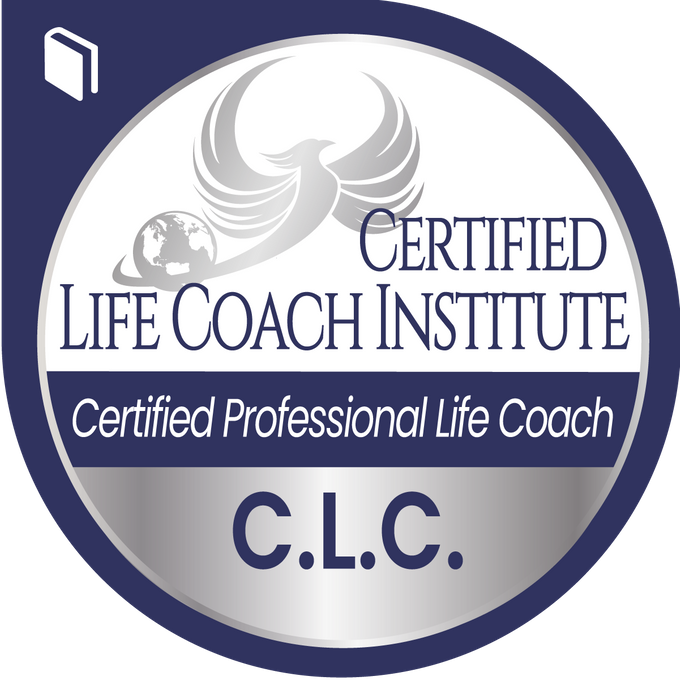Post Title
Part 1
Typically, you are able to deal with your struggles alone. But be honest. There are times when persistent distress, anxiety or grief overwhelms you.
Then you might think of going for professional help. So, you do some research and find out there are hundreds of therapies to improve your sense of being and a mass of possibilities for getting supported by a coach. You might be more overwhelmed than ever! Let me help you through this tangle!
I will share some of my personal experiences of several mainstream therapies and coaching treatments which I have undergone when sorely troubled. And I will explain what I have learned about the theories behind some of these-- as a researcher and a spiritual life practitioner for decades. I will also give you examples of how a specific therapy might enfold for you.
In part 1 of this blog, you will become acquainted with talk-based psychotherapy and the special technique of narrative therapy that a therapist might use. This in itself might bring you some healing.
What can I expect in psychotherapy?
In psychotherapy, you will not be lying on a coach as Sigmund Freud, the founder of psychoanalysis, had his Viennese patients do. You will not be focusing on your subconscious childhood urges or primal fears and fantasies as modern day practitioners of psychoanalysis might have you do.
In psychotherapy, you will be sitting on a chair across from the therapist you have chosen or beside her on a screen online. The focus will be on your conscious mind. Deeply hidden impressions in your subconscious mind are not the province of a conventional psychotherapist.
The psychotherapist will be a health professional often with a master’s degree in psychology, social work, or counseling. She or he will be licensed by your state. This person might have specialties in a psychotherapeutic technique like narrative therapy.
It is important to find out what special techniques the therapist uses. These might set off greater positive changes in you than just therapeutic conversations.
The therapist will ask questions. You try to expose your feelings and your thoughts. The premise is that verbal communication is enough to resolve some of the issues troubling you. From what you say during the course of treatments, the psychotherapist is expected to identify your problems and offer advice. This is considered talk-based therapy.
Think about this. Are you able to express yourself well in speech? Are you able to articulate your feelings and thoughts? If not, any therapy primarily talk-based, may not be for you.

The drawbacks of sheer talk-based psychotherapy
Your conscious mind may already have struggled unsuccessfully for years to solve your persistent predicaments. Excessive talking might keep you in the thought loops that cause your suffering. The therapists’ sound advice might not penetrate your subconscious mind or inner being. For this reason, an insightful psychotherapist will be able to occasionally supplement conversations with special techniques that bypass speech.
Special Techniques in Psychotherapy
Narrative Therapy
When my husband was in oncological care, the hospital provided 10 subsidized therapy sessions for me with a psychotherapist. I was assigned to Sharon, who sensed that I might prefer to do more writing than talking in our sessions. Because one of her specialties was narrative therapy, she suggested I write a short autobiographical essay for each session about different aspects of my life.
Writing and speaking, though both verbal forms of communication, operate from totally different parts of the brain
A study in the journal of Psychological Science claims that “[…] the two brain systems are now so independent that someone who can’t speak a grammatically correct sentence aloud may be able write it flawlessly.”
This means that in therapy, some people might achieve much deeper calm and self- acceptance by writing more and talking less.
The idea behind narrative therapy is that the stories we construct about our lives are what smothers us. They cause us suffering! So slowly and with insight we can reconstruct them anew! Now that is empowering!
Let’s try to empower you through sampling some narrative therapy
1. Reflect on this question: How many times have you told yourself that you were damaged irreparably by someone in your life or some tragedy that befell you?
Who is that person? What did they do to you? Or what happened that has impacted you forever?
2. Now reopen that story and sharpen your intuition. Begin to write about that person or calamity on a fresh piece of paper from a fresh point of view.
3. What hidden blessings were there in your relationship? What good did you take from the struggles and distress and calamity that make you who you are today?
Has your perception shifted a little? Do you feel somewhat strengthened? Do you feel your heart and mind expanding inside?
YES, YOUR STORY IS BEING WRITTEN ANEW. GAINING DEEP INSIGHT IS A PROCESS. JUST KEEP IT UP. TILL YOU DECIDE WHAT KIND OF HELP YOU NEED!
drjune@drjunewritingguru.com
Browse Topics
JOIN AN ELITE GROUP OF READERS
Subscribe to get the latest posts delivered to your inbox! Emails are sent every other week.
Did you find this post insightful or helpful? Please share with a friend.
A fulfilled, meaningful life is my desire for you!
Schedule a call with me today so you can feel encouraged, empowered and excited to realize your life's full potential.

JOIN AN ELITE GROUP OF READERS
Subscribe to get the latest posts delivered to your inbox! Emails are sent every other week.




